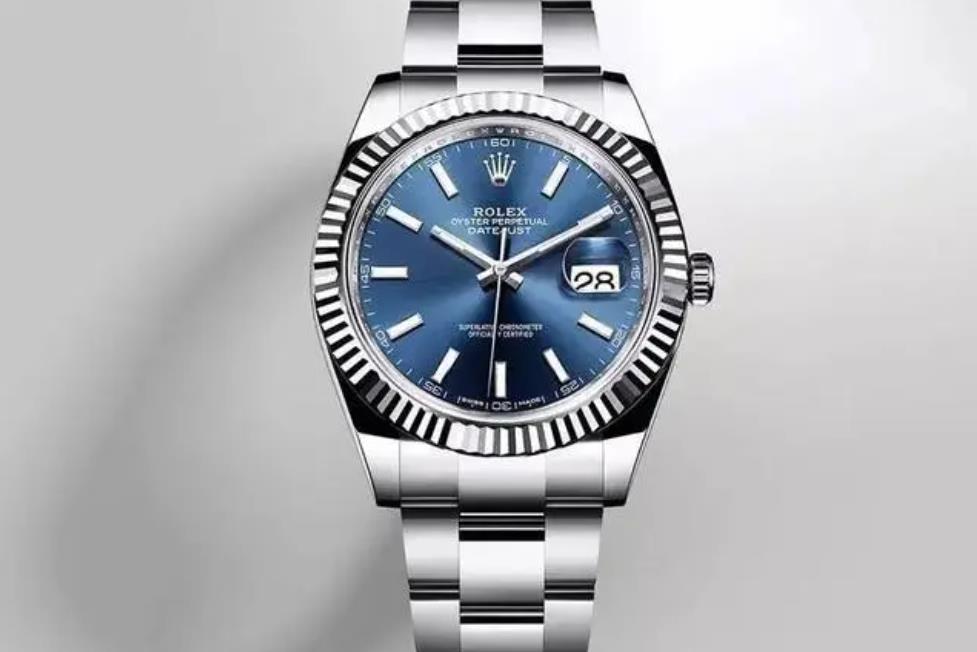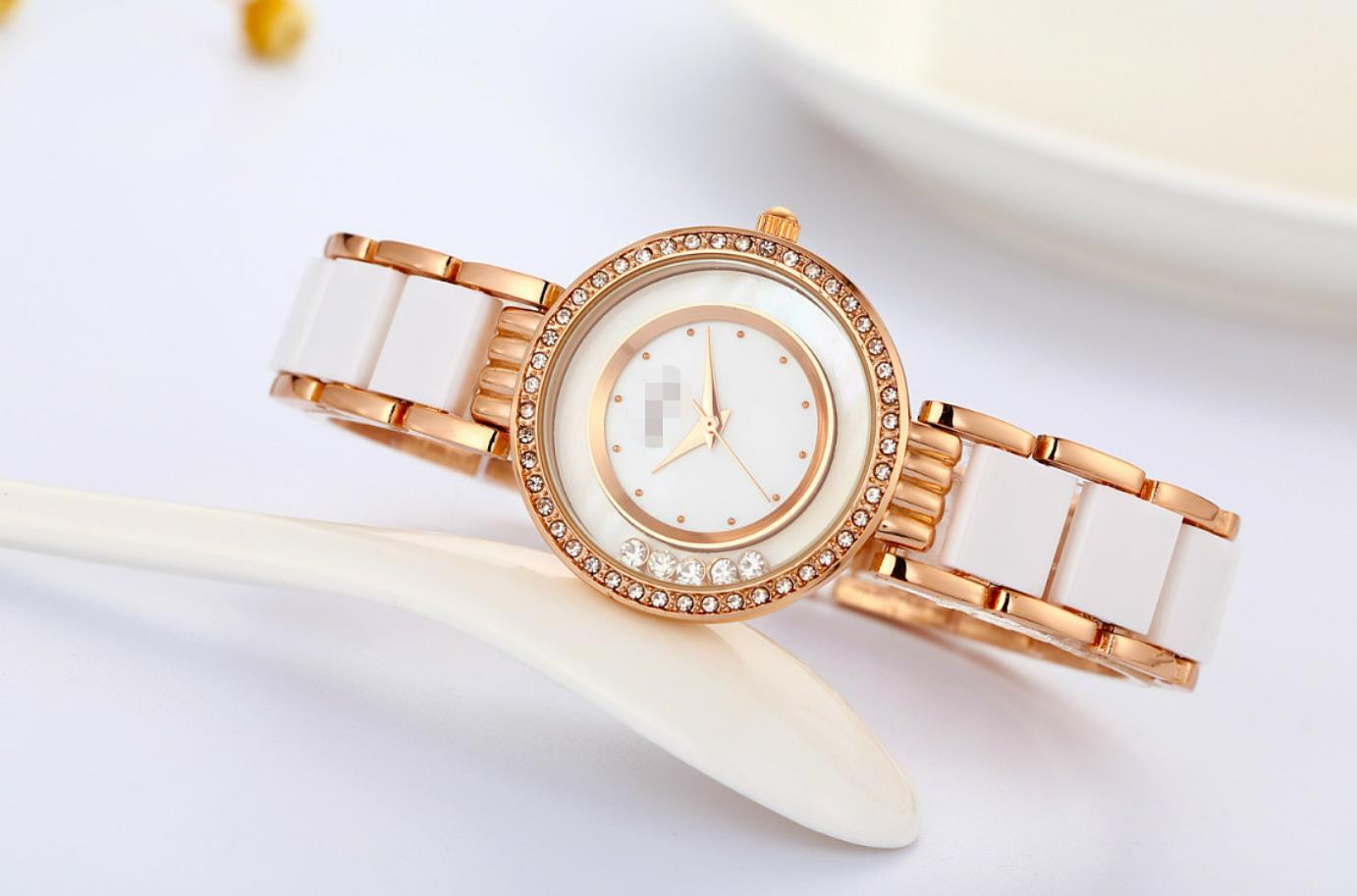Do mechanical and quartz watches need maintenance?
![]() Jun 04,2023
Jun 04,2023
![]()
Yes, both mechanical watches and quartz watches need maintenance, but the type and frequency of maintenance are different. After watch manufacturers produce watches, consumers need to perform watch maintenance according to actual usage conditions during the use of watches. Next, we will give detailed instructions on the maintenance of mechanical watches and quartz watches.
1. Maintenance of mechanical watches
A mechanical watch is powered by a complex system of gears, springs, and other mechanical parts. They require regular maintenance to ensure accurate timekeeping and optimum performance. Here are some aspects of mechanical watch maintenance:
(1) Cleaning and lubrication: Over time, dirt, dust, and moisture can accumulate inside a mechanical watch, affecting its accuracy and service life. Regular cleaning and lubrication of the movement are essential to keep your watch running smoothly. This usually involves disassembling the watch, cleaning the components, and applying the appropriate lubricant.

(2) Adjustment and adjustment: The timing accuracy of mechanical watches will drift due to various factors such as temperature changes, shocks, or wear. Watchmakers can adjust and adjust the movement to ensure it keeps accurate time within acceptable tolerances.
(3) Parts replacement: Some parts of a mechanical watch, such as the mainspring, may become worn or damaged over time. During maintenance, worn or damaged parts may need to be replaced to restore the functionality of the watch.
(4) Waterproof inspection: If the mechanical watch is waterproof, it may need to be checked periodically to ensure that its seals are intact and able to resist moisture. This helps maintain the watch's water resistance rating.
The recommended maintenance interval for mechanical watches is usually every three to five years but varies depending on factors such as the watch's brand, age, condition, and usage.
2. Maintenance of quartz watches
Quartz watches are powered by batteries, which send an electrical current through a quartz crystal to maintain timekeeping accuracy. While they are generally more accurate and require less frequent maintenance than mechanical watches, they still benefit from certain care:

(1) Replacing the battery: The batteries on which quartz watches depend will eventually die. When the battery dies, it needs to be replaced by a professional watchmaker or at a service center. Battery life may vary but is usually around 1-3 years depending on the watch and battery used.
(2) Sealing and waterproof inspection: If the quartz watch is waterproof, it should be checked regularly to ensure that the seal is intact and can maintain its waterproof performance.
(3) Movement inspection: While quartz movements are generally reliable, it may sometimes be necessary to inspect the movement to ensure it is functioning properly. If there is a problem with timing or other functions, watchmakers can diagnose and repair it.
While quartz watches may not require as much maintenance as mechanical watches, it is still recommended to service them every few years to ensure proper functioning and longevity.
In conclusion, both mechanical and quartz watches benefit from maintenance to ensure accurate timekeeping, proper functioning, and longevity. The complexity of the mechanism and the specific needs of each watch type determine the extent and frequency of maintenance required. We are a watch manufacturer with more than ten years of experience, if you need a custom watch, please contact us.












